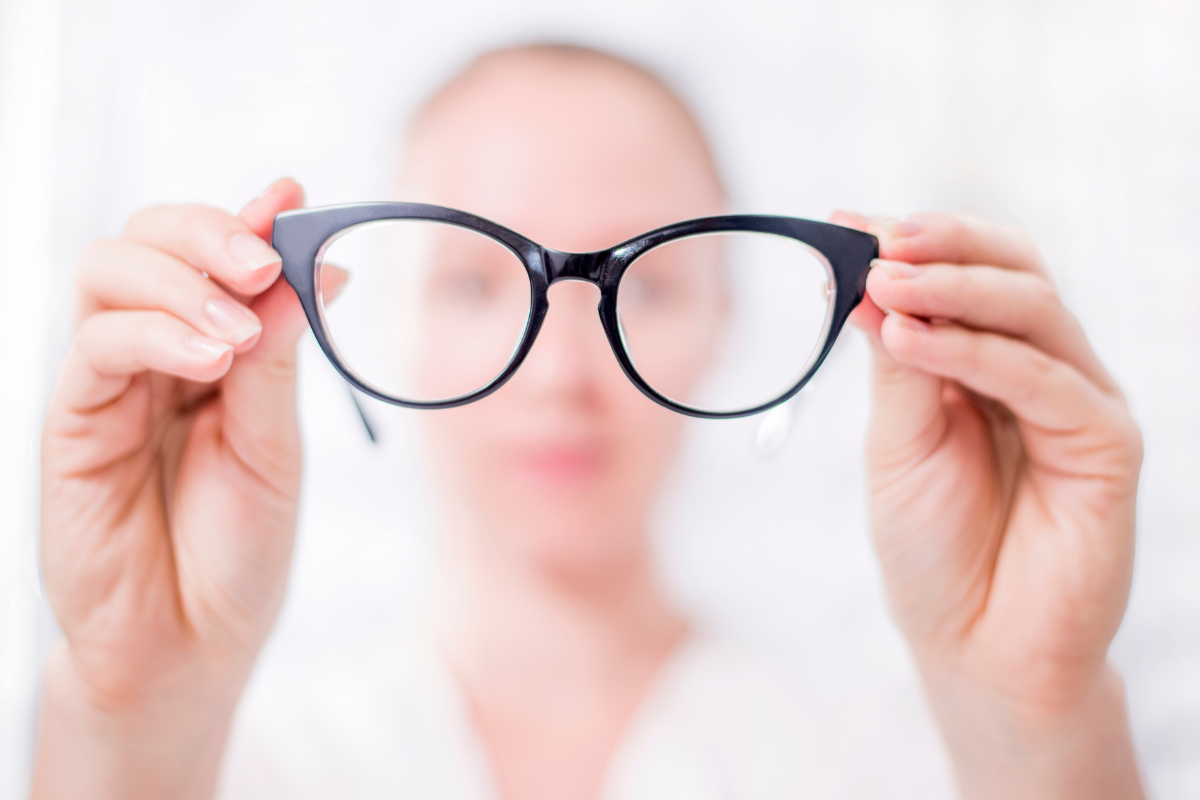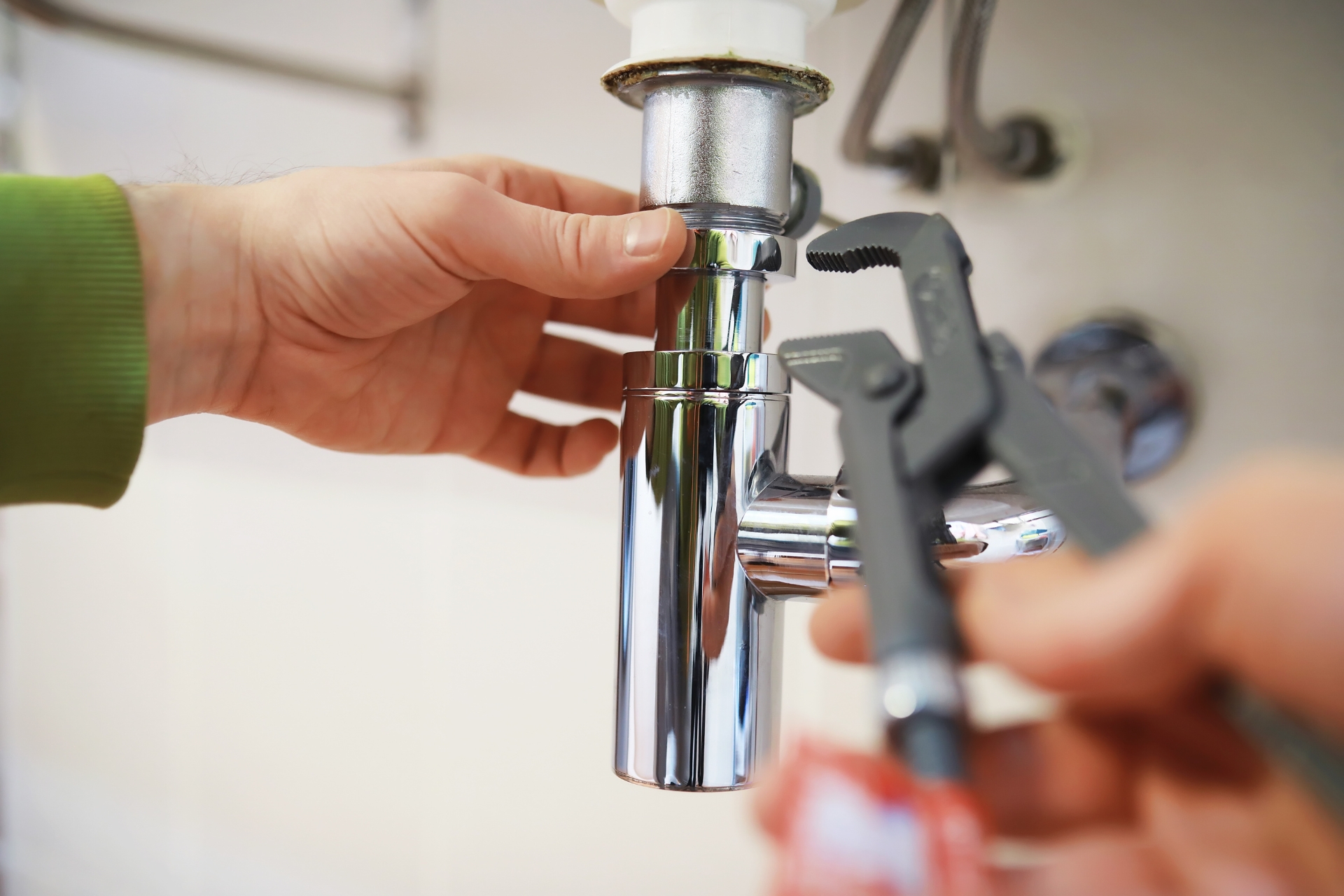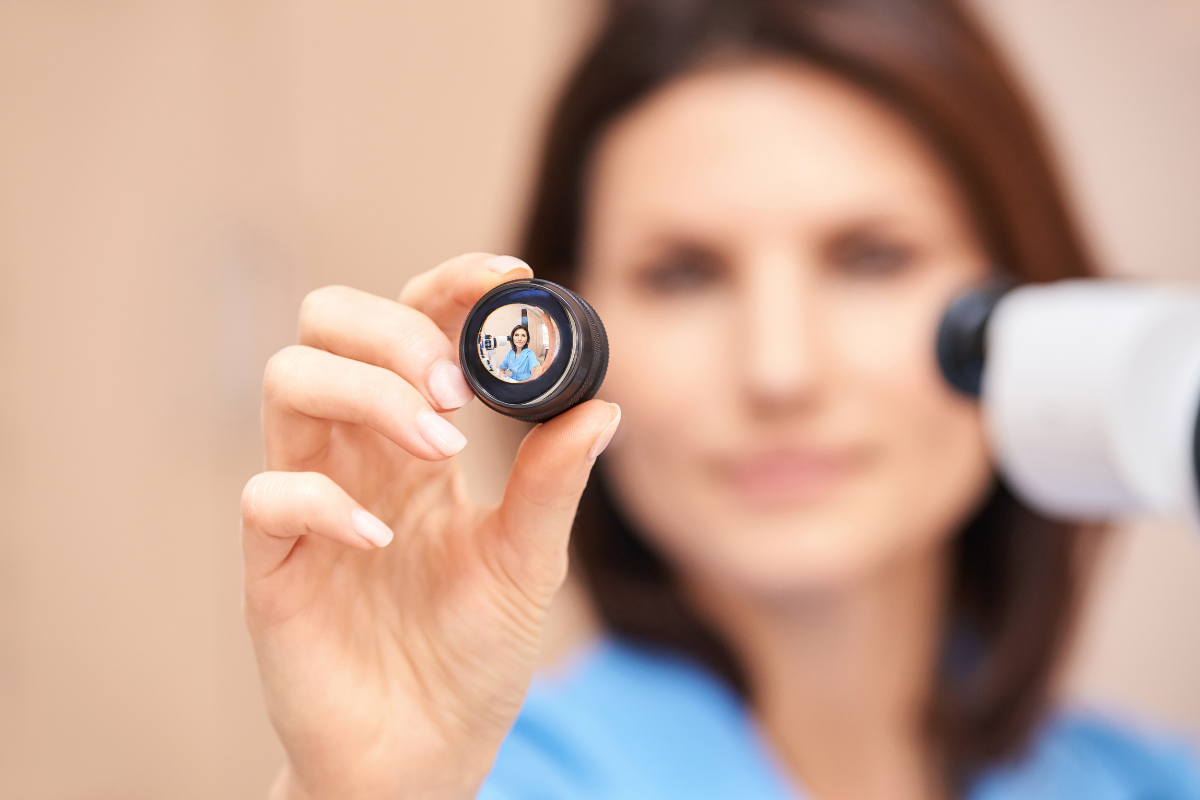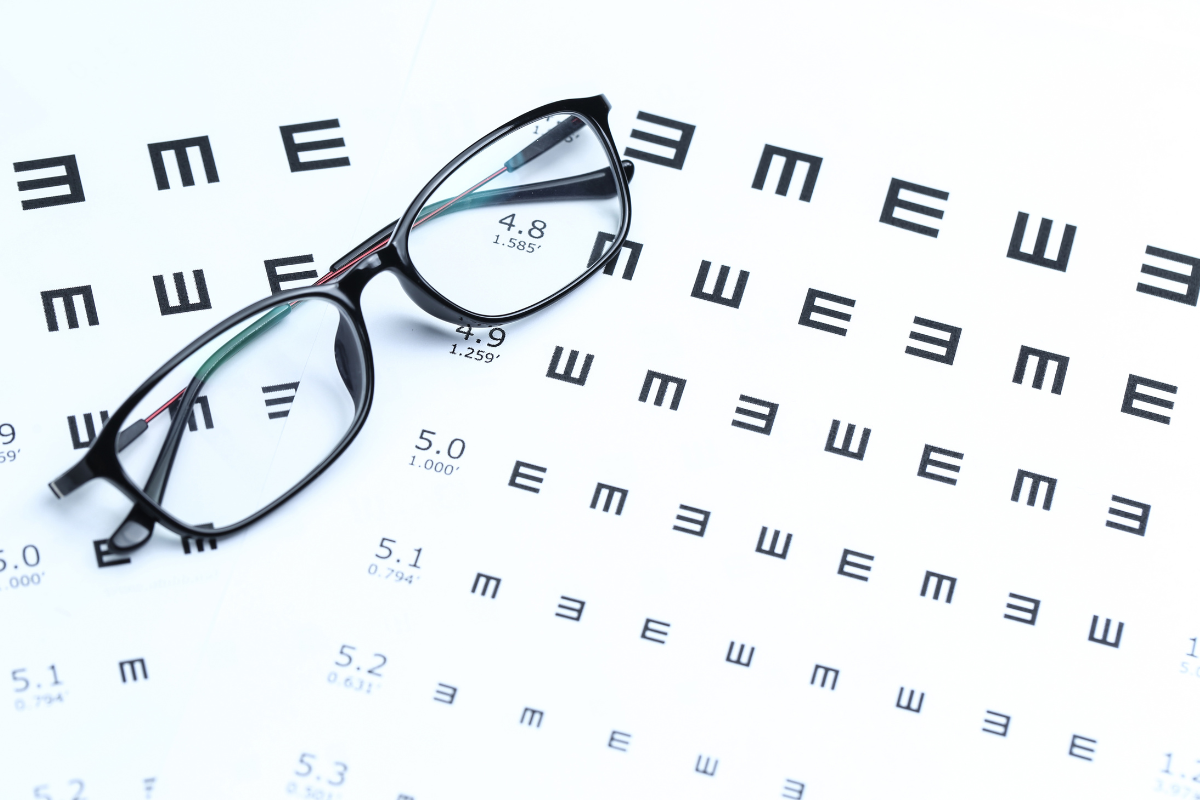

As we step into 2024, the plumbing industry continues to evolve, adopting advanced technologies and sustainable practices to meet the ever-growing demand for water conservation and smart home systems. Among the frontrunners in this shift towards innovation is the Plumber in Savannah GA, a company that exemplifies this trend by offering modern, eco-friendly plumbing solutions to homes and businesses alike. This article will delve into the latest plumbing trends of 2024, focusing on sustainability, smart systems, and the future of water management.
One of the most significant trends in plumbing today is the emphasis on sustainability. With growing concerns over climate change and water scarcity, homeowners and businesses are seeking ways to reduce their water consumption and energy use. Green plumbing solutions have become more prominent, including water-efficient fixtures, rainwater harvesting systems, and greywater recycling. These systems not only help reduce water usage but also lower utility costs, making them both environmentally and economically beneficial.
Moreover, the use of eco-friendly materials has seen an uptick. Plumbers are increasingly using materials that are not only durable but also have a smaller environmental footprint, such as PEX piping over traditional copper. This reduces the need for intensive mining and manufacturing processes, further aligning with sustainability goals. Additionally, the use of solar water heaters has gained popularity, providing a renewable source of energy for water heating needs.
In line with the global push towards smarter homes, plumbing has also gone digital. Smart plumbing systems are becoming more widespread, offering homeowners real-time data and control over their water usage. These systems can detect leaks, monitor water quality, and provide alerts for maintenance needs, ensuring that homeowners can manage their water usage more efficiently.
Devices like smart water heaters, automatic shut-off valves, and water flow sensors are now commonplace, allowing homeowners to reduce water waste and prevent costly water damage. For example, smart leak detection systems can automatically shut off the water supply when a leak is detected, minimizing water loss and preventing flooding. These innovations are not only making plumbing systems more efficient but also giving homeowners peace of mind.
Water conservation continues to be a critical focus for the plumbing industry. With growing populations and increasing urbanization, the demand for water is reaching unprecedented levels. As such, the plumbing industry is stepping up to the challenge by developing innovative solutions aimed at reducing water wastage and ensuring that clean water is available for future generations.
One of the most significant advancements in this area is the development of low-flow fixtures. These include faucets, showerheads, and toilets that use significantly less water without sacrificing performance. According to industry experts, low-flow fixtures can reduce water usage by up to 30%, making them an essential component of any water-saving strategy.
In addition to low-flow fixtures, water-efficient appliances such as dishwashers and washing machines are becoming more common in homes and businesses. These appliances use less water per cycle, further contributing to the overall reduction in water consumption. By integrating these solutions, the plumbing industry is playing a vital role in addressing the global water crisis.
Looking ahead, the future of plumbing is set to be defined by continued innovation and a commitment to sustainability. The integration of artificial intelligence (AI) and the Internet of Things (IoT) into plumbing systems will allow for even greater control and efficiency. AI-driven systems will be able to predict water usage patterns, automatically adjust water flow, and even perform preventive maintenance tasks before issues arise.
Additionally, 2024 is likely to see further advancements in water filtration and purification technologies. As concerns over water quality continue to grow, the demand for advanced filtration systems that remove contaminants such as lead, chlorine, and other harmful substances is expected to rise. These systems will not only improve the quality of drinking water but also help protect plumbing systems from corrosion and damage.
Lastly, the role of renewable energy in plumbing is expected to expand. Solar-powered water heaters and geothermal heating systems will become more common, offering eco-friendly alternatives to traditional energy sources. These renewable solutions will not only reduce carbon emissions but also lower energy costs for homeowners and businesses.
As we navigate the evolving landscape of plumbing in 2024, it’s clear that sustainability, smart systems, and water conservation are at the forefront of the industry’s innovations. These trends are not just fleeting fads but necessary advancements to address global water challenges and provide more efficient solutions for homes and businesses. Companies like Plumbpro Plumbing are leading the charge by offering cutting-edge services that align with these trends, ensuring a greener and smarter future for all.








